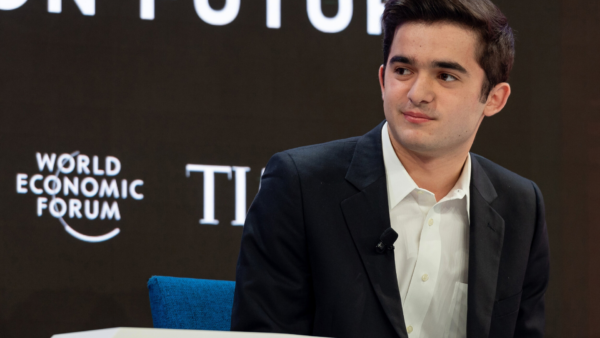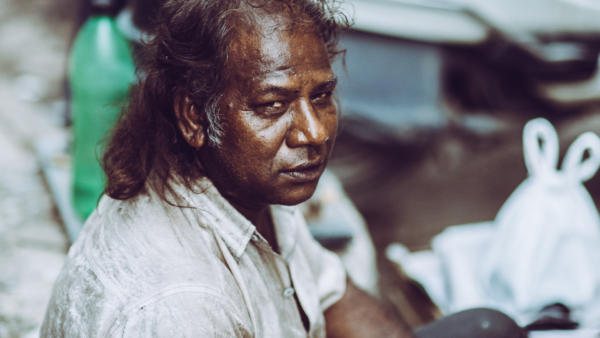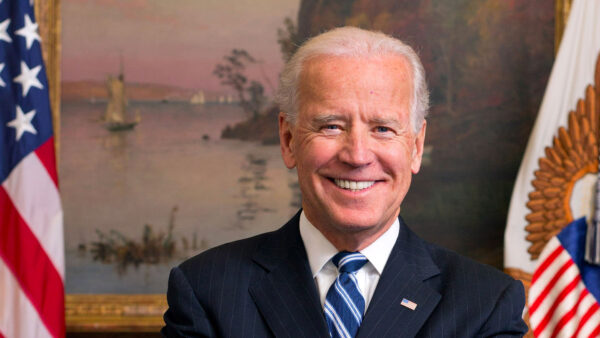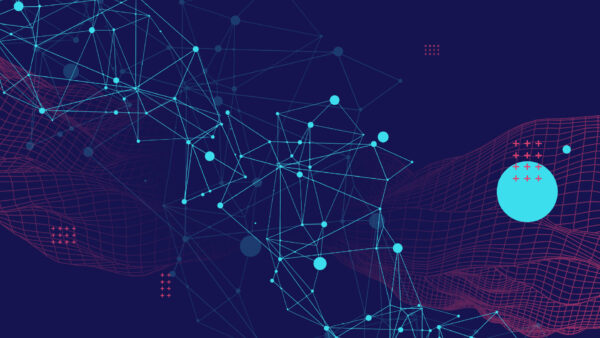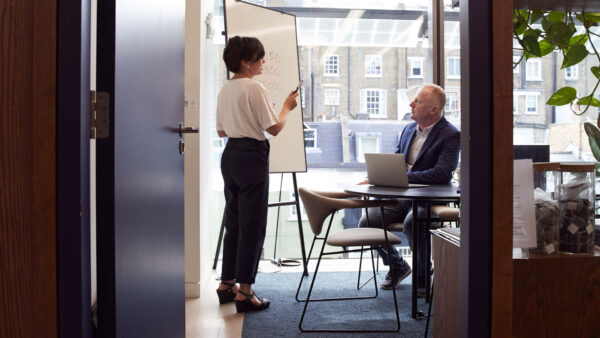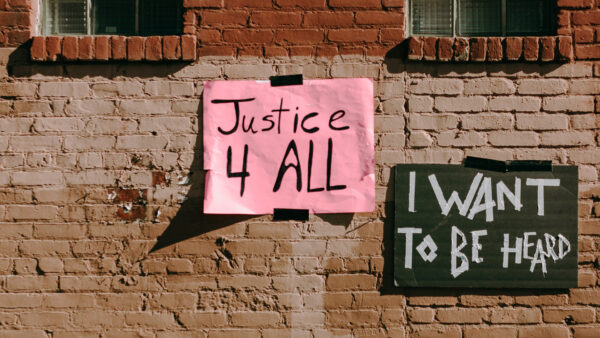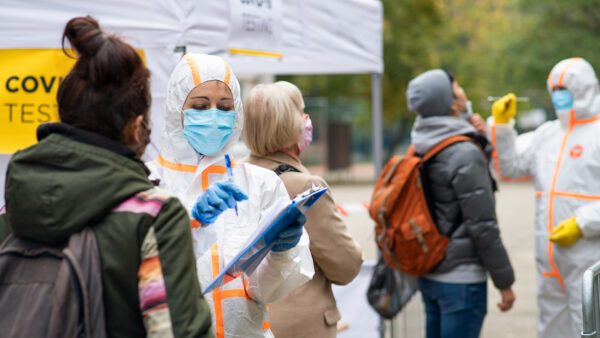Meet the 18-Year-Old Spreading CPR Instruction Around the World
Author: Jaxx Artz
The World We Want recognises the power of youth to build a better world. We are highlighting the work of young leaders who have dedicated themselves to achieving the UN’s Sustainable Development Goals by 2030.
Akshara Ramasamy remembers the moment she realised how important cardiopulmonary resuscitation (CPR) education could be for people living in remote regions of the world. She was a freshman in high school at the time and had just received CPR certification as part of her school’s curriculum, which is compulsory in many areas of the United States.
“Here in the US, that certification is part of health class,” Ramasamy told The World We Want. “But in India, such as in areas where my family is from, it’s completely disregarded. Only those in the healthcare industry are able to receive that training.”
Having the knowledge and skills to double or triple a person’s chance of survival struck a chord with Ramasamy. That’s because a few years prior, she had lost her grandfather to cardiac arrest.
Ramasamy’s grandfather lived in a remote village in India that is medically-underserved. From the time his symptoms of cardiac arrest appeared to the moment emergency medical services arrived, two hours had passed. No one in the village stepped in to help because they didn’t know the simple steps that could have saved his life.
“Time is of the essence, but no one knew how to address [cardiac arrest] or conduct CPR. I firmly believe that if someone had been able to perform CPR, he could have had a chance to survive,” Ramasamy said. “I thought, why not bring [this education] over across the globe where this can be more momentous and help others?”
That was the beginning of Ramasamy’s organisation Idhayam, which means ‘heart’ in Tamil. Through a mix of in-person and online workshops, Idhayam provides CPR training through curriculum and instruction approved by CPR professionals and the American Heart Association (AHA).
At the beginning, Ramasamy simply wanted to educate family members during her yearly visits to India. She lugged CPR manikins borrowed from school across the world and spent short afternoons training family, friends, and others who wanted to learn. But as the workshops grew more popular, Ramasamy realised she needed help.
“Once I started branching out to professionals in India, that’s when I realised that it’s not just about targeting the places where [my family is] from—it can be anywhere,” she said. “And that’s when I thought it was important to launch a formal organisation and establish a hierarchy.”
Ramasamy has since partnered with professionals to donate videos of CPR training so she can continue offering sessions online, as she could not keep up with the increasing demand while living and going to school in the US. While Idhayam’s current sessions do not offer attendees the ability to practise the techniques they’re learning on manikins, the virtual landscape allows her organisation’s mission to reach anyone with internet access and a few hours to spare.
Idhayam cannot grant CPR certification to those who participate in its sessions, but Ramasamy is OK with that. She has worked with professionals to develop the AHA-approved curriculum because she believes the accessibility of the training is more important. Many medical professionals agree; in fact, a 2020 article in the Journal of the American Heart Association underscores the impact of online sources, such as social media outlets, in raising awareness of CPR instruction.
It’s empowering for people to learn lifesaving skills, particularly in remote communities that lack access to health care services. Until quality health care is guaranteed around the world, Idhayam gives agency to those attending its training sessions to help their community if an emergency occurs.
Now 18 and a freshman at the University of Texas at Austin, Ramasamy has plans for how to grow Idhayam even as she balances her own curriculum on the pre-med track.
“Because of the need to have internet access [to attend Idhayam’s online sessions], I’ve been reaching out to schools in India to share my curriculum in the classroom,” Ramasamy said. “I’ve made connections with a couple of schools these past few months, but [Idhayam has held] about 30 online workshops to keep the momentum going.”
“Beyond the training, I am also advocating for CPR education. The progress would be so much greater if we could adopt a policy in India to consider CPR education in high schools,” she added.
Ramasamy acknowledged the need for more people to join Idhayam’s mission, both by volunteering to lead the online CPR workshops and by starting their own Idhayams. She is hoping to open chapters in China, and the organisation’s website outlines how young people can access promotional and training materials to spread knowledge of CPR instruction.
“It’s always been something that I’ve managed myself with the support of my parents, but with 50 people per session, expanding the mission would help,” Ramasamy said. “And there are so many underserved areas and countries that do not offer CPR education in schools. I’d like to keep going so Idhayam can benefit others who want to learn.”
To learn more about Idhayam, check out its website here, or follow Akshara Ramasamy on Instagram or LinkedIn.


